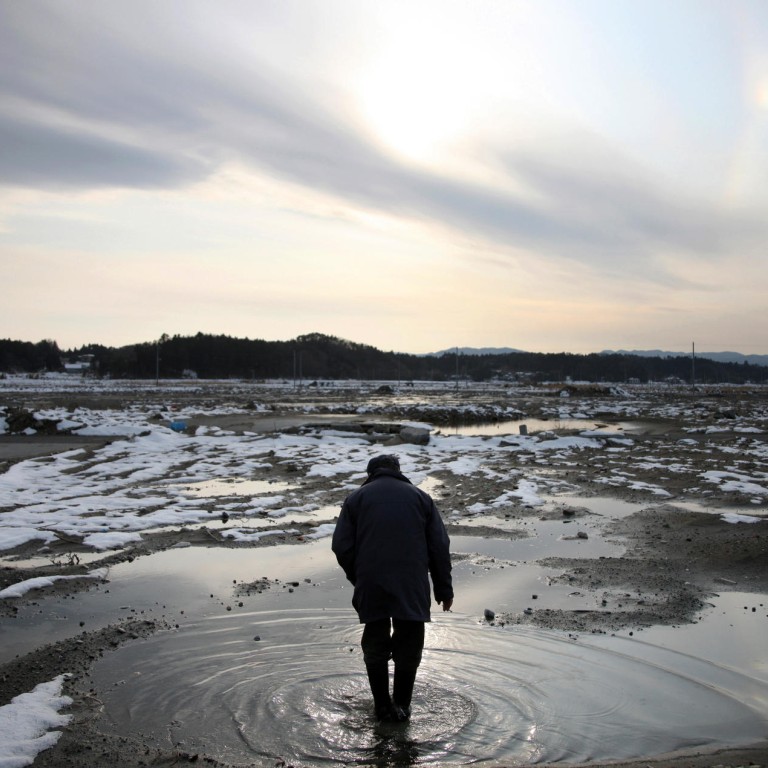
Book review: Bending Adversity, by David Pilling
Every nation inevitably experiences adversity - natural or inflicted on the populace by internal or external forces. But Japan always seems to face them on a grand scale.
by David Pilling
Penguin
4 stars
Every nation inevitably experiences adversity - natural or inflicted on the populace by internal or external forces. But Japan always seems to face them on a grand scale.
Other countries have their cities bombed during times of war - Japan had Hiroshima and Nagasaki flattened by atom bombs. Rival economies suffer periodic dips in their growth - Japan has endured two decades of economic malaise and the signs for the long-term future are not entirely encouraging. People in other parts of the world pick up the pieces after a terrifying natural disaster - Japan is still coming to terms with the "perfect storm" of a magnitude-nine earthquake, tsunami and the second-worst nuclear accident ever.
Pilling, Asia editor for the , spent seven years in Japan before relocating to Hong Kong in 2008 and starts his narrative as his flight lands at Narita Airport hours after the Great East Japan Earthquake had struck on March 11, 2011.
As the people of Tohoku mark the third anniversary of the most destructive natural disaster to strike Japan in living memory, Pilling's observations are timely. They are particularly valuable when combined with the thoughts of a cross-section of the Japanese public, ranging from teenagers in Tokyo to Buddhist priests, artists, bankers and office workers.
Pilling also draws on the insights of novelist Haruki Murakami and former prime minister Junichiro Koizumi, for whom he clearly has a political soft spot. The same degree of warmth is not evident in his characterisations of the "revolving door" of Japanese leaders both before and since a prime minister called "Lionheart".
From the descriptions of the thousands of individual tragedies that befell the people of northeast Japan - of homes and livelihoods reduced to matchwood; of hospital patients dying as they were evacuated from the exclusion zone around the Fukushima nuclear plant; of bodies washed ashore a year and more later - Pilling turns to the experiences that had shaped the nation until that point.
More than 200 years of isolation was brought to a close with the arrival of the Black Ships of US Commodore Matthew Perry in 1853, followed by successive governments staving off would-be colonial powers that helped themselves to large chunks of the rest of Asia.
Attempting to emulate those powers in the early decades of the following century ultimately led Japan into the ruinous Pacific War. The miracle of reconstruction in the aftermath of the bombings perhaps led a new generation of Japanese to put the race for wealth ahead of the traditional commitment to family and society.
But there is hope. Opportunities have diversified, particularly for young people and women in society and the workplace. With a rapid growth in non-governmental organisations and charitable groups being set up, more people are questioning authority and the established political system, although change will take time.
Perhaps most tellingly, the Japanese are far more aware of the need to be prepared for the next disaster. Because the only thing that is certain in this unstable country is that catastrophe will strike again.
David Pilling book signing,


